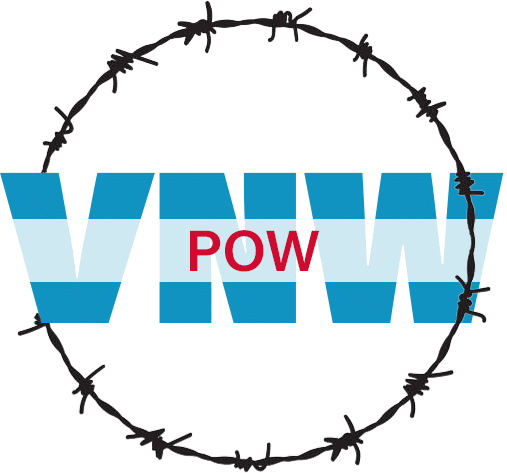For weeks the returned P.O.W.s had been stepping from “freedom birds” onto the television screens—most of them saluting crisply, walking smartly, looking physically fit and acting mentally alert. As the nation’s early apprehensions faded, a new idea set in: perhaps the P.O.W.s had been humanely treated after all. That illusion was shattered last week. With all the known surviving prisoners safely home from Viet Nam, the dam of restraints broke, and tales of mistreatment and torture poured forth. Navy Commander Richard Stratton, best known for his deep bows and seemingly drugged appearance in a 1967 news conference, summed up the reports of many prisoners when he said: “I have been tortured, I have been beaten, I have been placed in solitary confinement, I have been harassed, I have been humiliated.” Navy Lieut. Commander Rodney Knutson struck the same harsh note. “Lenient and humane treatment?” he asked. “Not on your life!”

William Burroughs, Vietnam POW
U.S. Air Force 1955-1976Cold War 1955-1976Vietnam War 1965-1973 (POW)William Burroughs was born on September 29, 1932, in Indianhead, Maryland. He entered the U.S. Military Academy at West Point in 1951 and was commissioned a 2d Lt in the U.S. Air Force on June 3, 1955. Lt Burroughs graduated from Undergraduate


